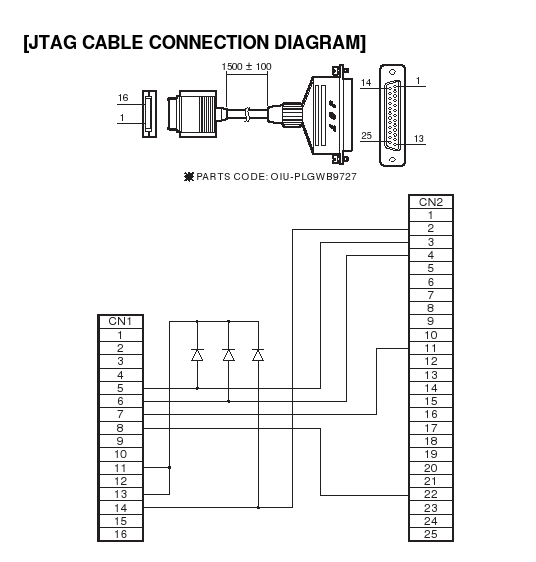Yesterday I signed papers to extend my current mobile contract and bought Sony Ericsson k750i phone to replace my 4-years old Nokia 6310i.
Phone is nice and packed of features:
- connectivity: irda, bluetooth, usb
- 2Mpx camera with flash leds
- FM radio
- media (music, video) player
- java
- memorystick duo slot (64M card by default)
I’m in process of moving all data from my old phone to new one — tried OpenSync today and with help of pmarat from #opensync I got Kitchensync working and transferred my KDE addressbook into phone. Later I will work on sending datas from 6310i -> home computer -> k750i, then will have to work on synchronizing 6210 with something as I have to move whole content of 6210 to 6310i (with syncing with Thunderbird in between).
And now I know that Bluetooth is nice technology — few clicks in Konqueror and I have access to all files inside of phone.
